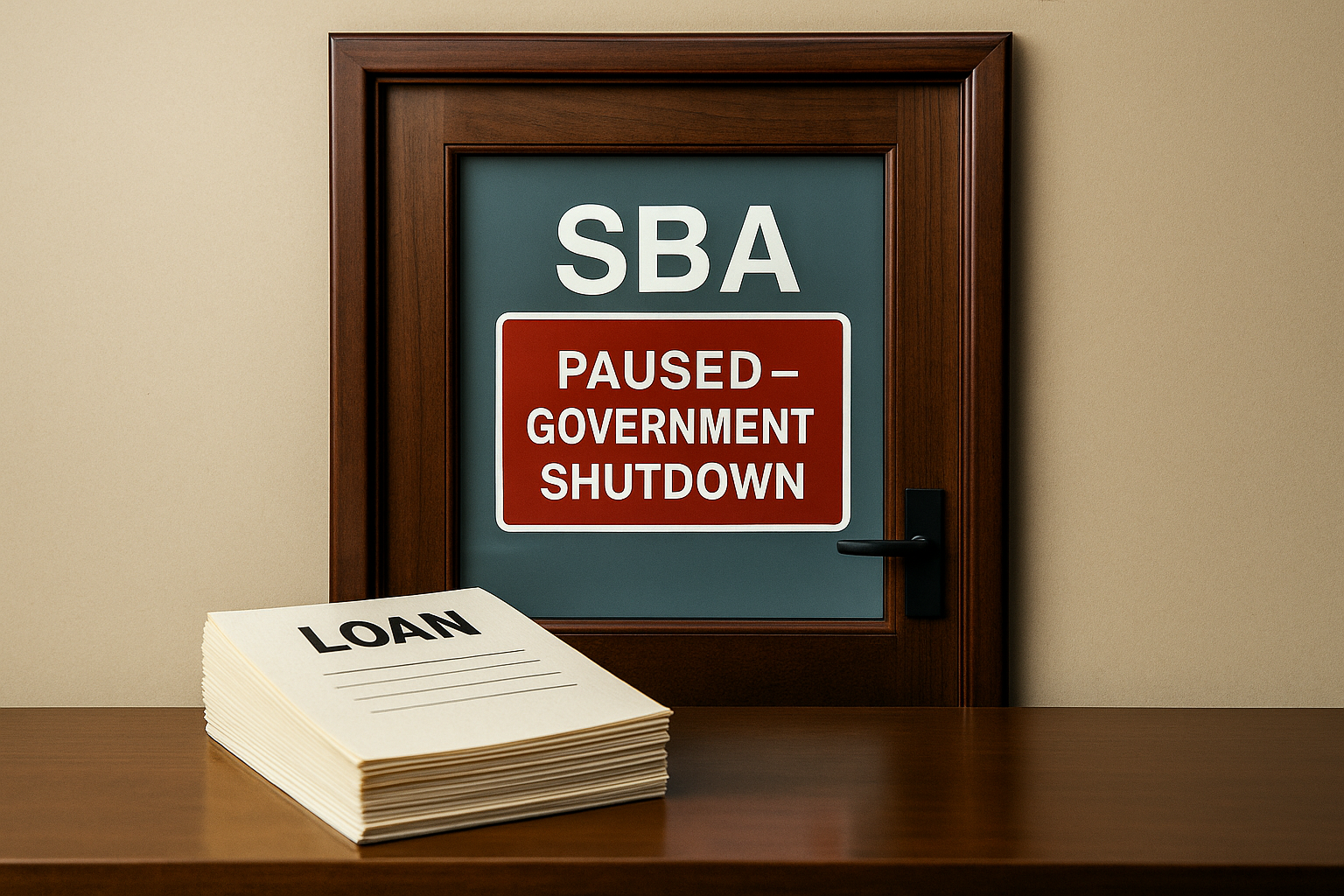Discover comprehensive insights and practical advice on securing funding, managing cash flow, and optimizing financial strategies for your small business.

Business lines of credit offer flexible funding with interest only on what you use. This reusable capital helps manage cash flow and growth while requiring less paperwork than loans.
Discover comprehensive insights and practical advice on securing funding, managing cash flow, and optimizing financial strategies for your small business.

October 1, 2025: SBA Suspends New Loan Applications Due to Government Shutdown
Discover comprehensive insights and practical advice on securing funding, managing cash flow, and optimizing financial strategies for your small business.

Line of Credit Approvals, Even with Business Losses